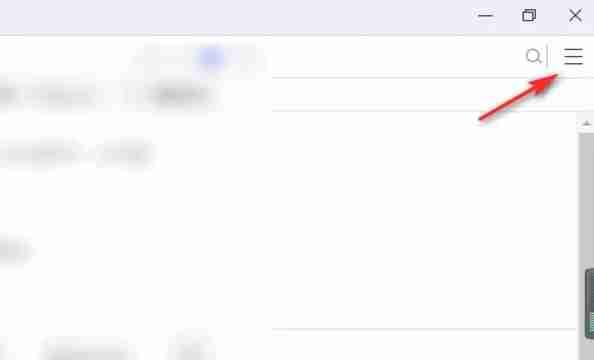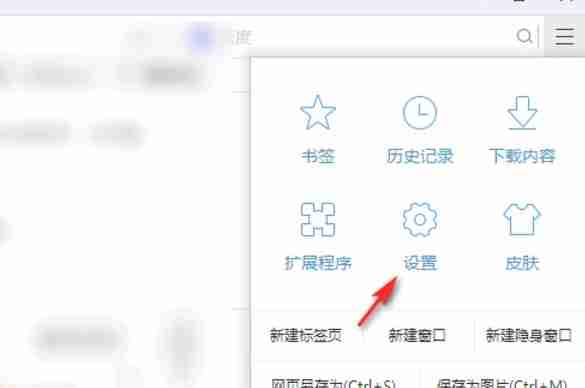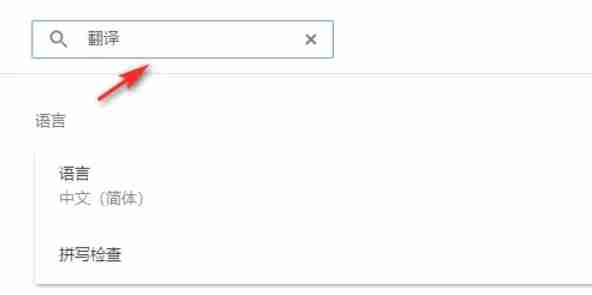Disney Dreamlight Valley: How To Make Lightning Cookies
Master the Art of Google Chrome Webpage Translation: A Step-by-Step Guide
Tired of language barriers hindering your web browsing? This guide provides a comprehensive walkthrough on efficiently translating webpage content using Google Chrome, covering whole-page translation, selected text translation, and personalized translation settings. Follow these steps to unlock seamless multilingual browsing.
Step 1: Accessing the Settings Menu
Locate and click the three vertical dots (or three horizontal lines) in the upper right-hand corner of your Google Chrome browser. This opens the main menu.

Step 2: Navigating to Settings
In the dropdown menu, select "Settings." This will take you to your browser's settings page.

Step 3: Locating Translation Settings
At the top of the settings page, you'll find a search bar. Enter "Translate" or "Language" to quickly filter the settings and find the translation options.

Step 4: Accessing Language Settings
Once you've located the translation settings (often under "Languages" or "Translation Services"), click to open them.
Step 5: Managing Languages
This section displays a list of languages supported by your browser. You can add new languages, remove existing ones, or manage their order of preference via the dropdown menu or "Add languages" option.

Step 6: Enabling Automatic Translation
Crucially, ensure the option "Offer to translate pages that aren't in a language you read" is enabled. This ensures Chrome will automatically prompt you to translate pages written in languages other than your browser's default language.
By following these steps, you can harness the power of Google Chrome's translation features for a truly global browsing experience.
Latest Articles












![Roblox Forsaken Characters Tier List [UPDATED] (2025)](https://images.dyk8.com/uploads/18/17380116246797f3e8a8a39.jpg)


















